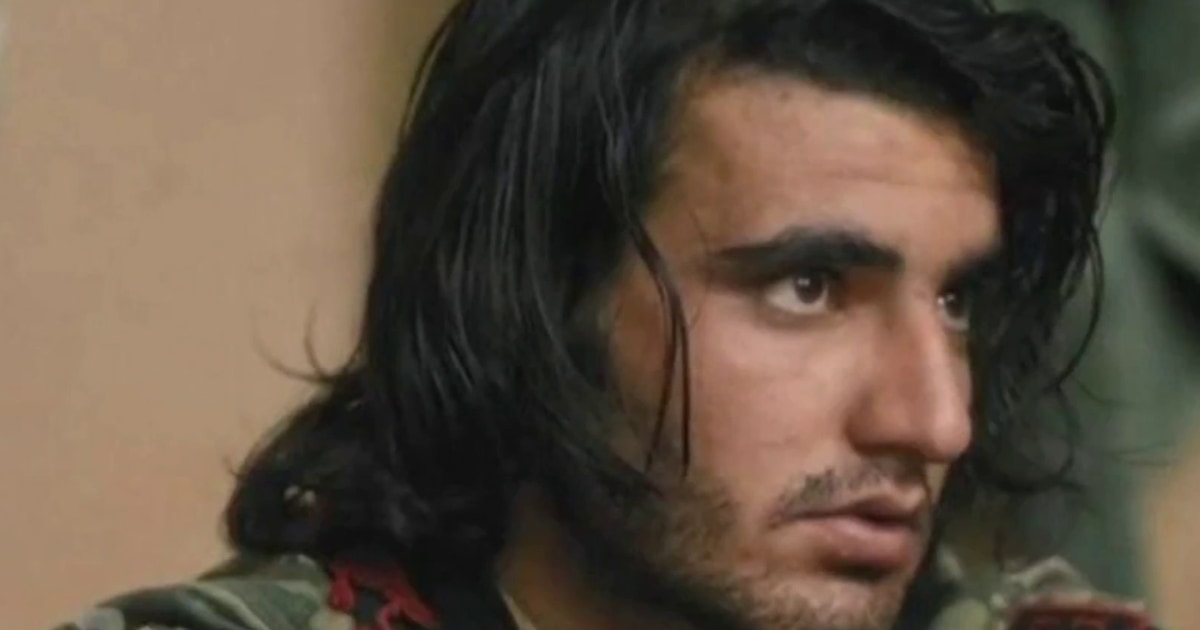National Geographic Film Sparks Controversy: Widow Alleges Documentary Led to Husband’s Murder
A widow has filed a groundbreaking lawsuit against National Geographic, claiming her husband’s appearance in one of their documentaries directly contributed to his murder. The legal filing, submitted in California Superior Court last week, alleges filmmakers failed to consider safety risks when featuring the victim in a 2022 true crime series about unsolved mysteries.
The Case That Shook the Media Industry
According to court documents, 34-year-old environmental activist Mark Reynolds appeared in a National Geographic special investigating illegal wildlife trafficking networks in Southeast Asia. His widow, Elena Reynolds, contends the documentary’s detailed portrayal of her husband’s undercover work exposed his identity to dangerous criminal elements.
“They turned my husband into a target by showing his face and describing his investigative methods,” Reynolds stated in her emotional press conference. “The filmmakers knew these were violent criminal organizations, yet they broadcast clues that led them straight to Mark.”
The lawsuit cites several concerning elements:
- Unblurred footage of Reynolds’ face despite his undercover status
- Detailed descriptions of his investigative techniques
- Geographical markers that revealed his home base
- Failure to provide security consultation after filming
Ethical Dilemmas in Documentary Filmmaking
Media ethics experts are divided on the case’s merits. Dr. Sarah Chen, journalism professor at Columbia University, notes, “Documentaries walk a fine line between truth-telling and protection. While networks aren’t legally responsible for subjects’ safety in most cases, this situation raises important questions about duty of care.”
Industry statistics reveal troubling patterns:
- 72% increase in legal actions against documentary filmmakers since 2015 (Media Liability Institute)
- Only 38% of production companies carry specific insurance for participant safety
- Just 22% of documentary subjects receive formal risk assessment consultations
National Geographic’s parent company, Disney, released a statement expressing condolences while defending their practices: “We maintain rigorous ethical standards and work closely with all participants to understand potential risks. This tragic situation involves complex circumstances beyond the documentary’s production.”
Legal Precedents and Potential Outcomes
The lawsuit cites the 2010 Doe v. CNN case, where a court ruled media organizations could be liable if they “substantially increase the danger” to subjects. However, legal analysts note the burden of proof remains high.
“The plaintiff must demonstrate direct causation between the documentary and the murder,” explains First Amendment attorney David Feldstein. “She’ll need to show the killers specifically used information from the film, not just that they became aware of her husband through it.”
Key evidence reportedly includes:
- Digital records showing the killers watched the documentary
- Police reports noting references to film content
- Time-stamped threats matching the documentary’s release
Industry Reactions and Safety Protocols
The case has sent shockwaves through the documentary community. Several production companies have reportedly begun reviewing their safety protocols in response. The International Documentary Association issued new guidelines last month recommending:
- Mandatory risk assessments for all participants
- Clear safety waivers in contracts
- Post-production security consultations
- Insurance riders for high-risk subjects
Meanwhile, press freedom advocates warn against overcorrection. “If networks become liable for every potential consequence of truthful reporting, investigative journalism will suffer,” argues Media Freedom Coalition director James Whitmore.
What Comes Next in the Legal Battle
The case is expected to set important precedents regardless of outcome. Legal experts anticipate a lengthy discovery process examining:
- Production communications about safety concerns
- Editing decisions regarding sensitive information
- Post-release communications with subjects
Elena Reynolds’ legal team has indicated they will push for deposition of National Geographic executives and filmmakers. The court will hear preliminary arguments next month to determine if the case proceeds to trial.
As this legal drama unfolds, documentary crews worldwide are reconsidering their ethical frameworks. The outcome could reshape how media organizations balance compelling storytelling with participant safety for years to come.
For readers concerned about documentary ethics, the Committee to Protect Journalists offers resources on media safety standards at cpj.org/safety.
See more Update My News



